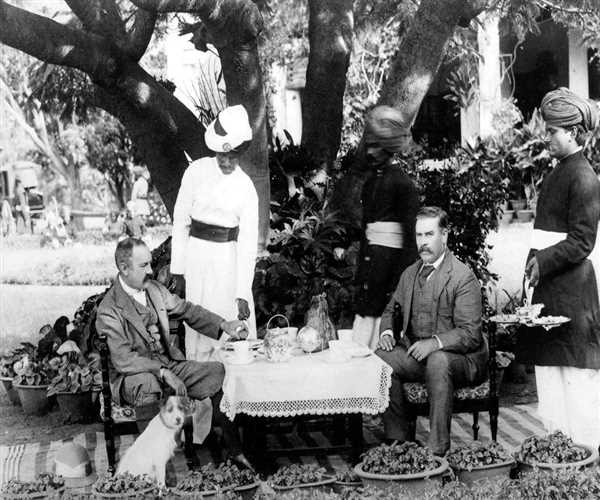The British Empire in India was one of the largest empires in world history. At its peak, it covered over five million square miles, making it the largest empire ever. In terms of its population, it was also the largest empire, with over 400 million people living under British rule at its peak.
The British Empire in India was also one of the most culturally diverse empires in world history. Over the course of its nearly 200-year history, the British Empire in India was home to people from all over the world. This diversity was reflected in the empire's food, music, art, and religion.
The British Empire in India was also one of the most economically prosperous empires in world history. At its peak, the British Empire in India accounted for nearly one-fifth of the world's economy. This prosperity was due in large part to the exploitation of India's vast natural resources, which were used to fuel the industrial revolution in Europe.
Here are some interesting facts about this vast empire:
1. The British East India Company was founded in 1600, and by 1757 it controlled much of India.
2. The British Empire in India officially began in 1858 after the Indian Mutiny.
3. Queen Victoria was proclaimed Empress of India in 1876.
4. The British Raj, as it was known, lasted until 1947 when India became independent.
5. During the British Raj, India was divided into several provinces, each with its own governor.

6. The British introduced Western education, culture, and values to India.
7. The British also built a network of railways and roads, which helped to unify the country.
8. The British Raj was a time of great social change in India. For example, the practice of sati, or widow burning, was abolished.
9. The British also helped to create a sense of Indian national identity by uniting the various Hindu and Muslim communities under one flag.
10. The British Empire in India came to an end in 1947, when India became an independent nation.
Despite its many successes, the British Empire in India was also responsible for some of the worst atrocities in world history. The most famous of these is the Bengal famine of 1943, in which over three million people died of starvation. The British Empire in India also played a role in the Partition of India, which led to the formation of India and Pakistan. Despite its checkered history, the British Empire in India left a lasting legacy. The English language, cricket, and the railways are just a few of the things that the British Empire in India bequeathed to the world.